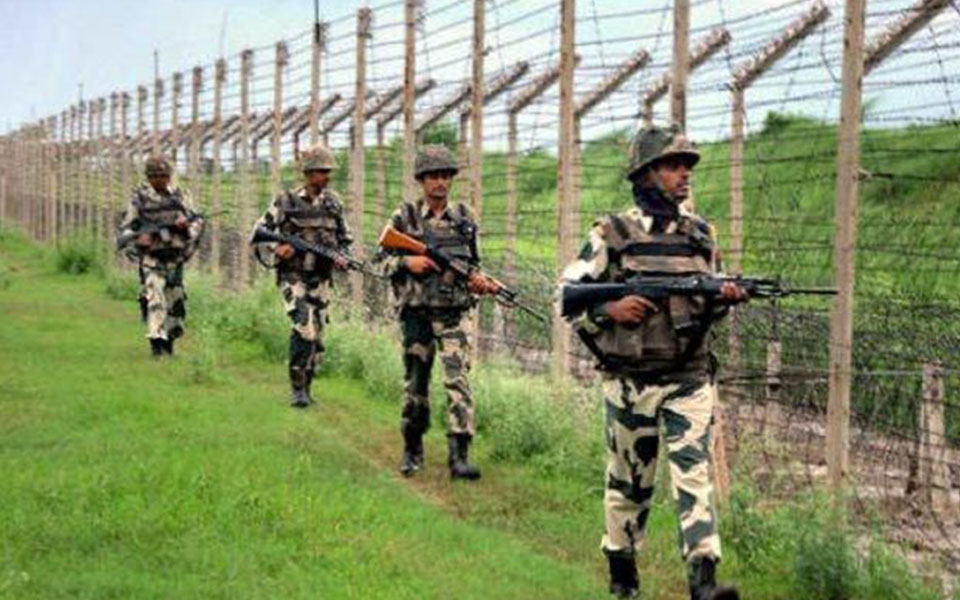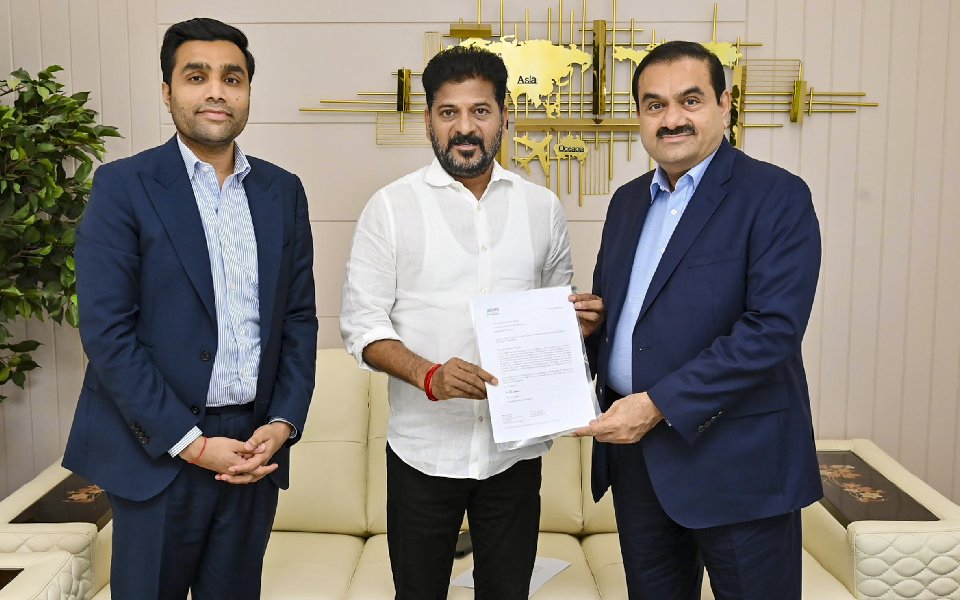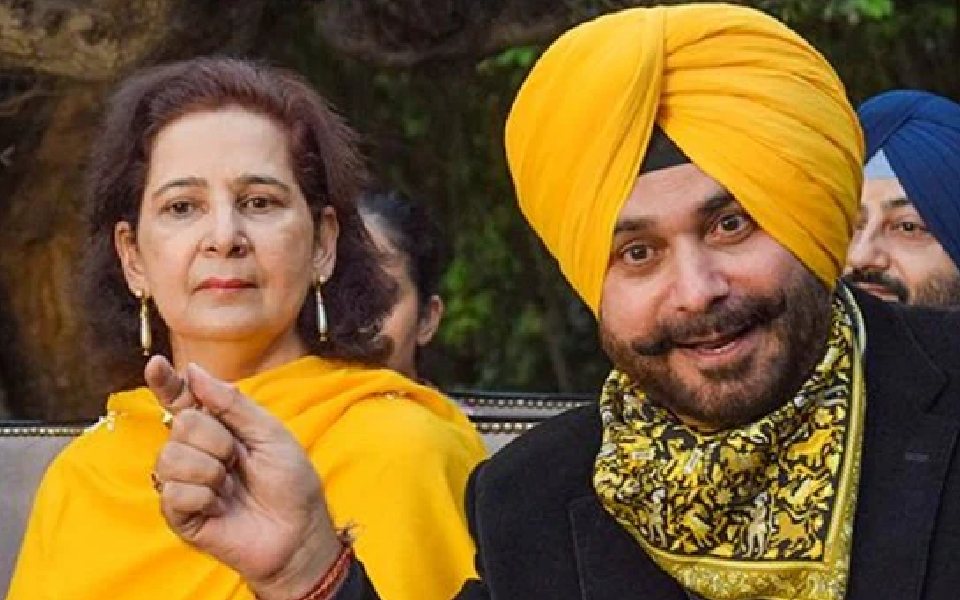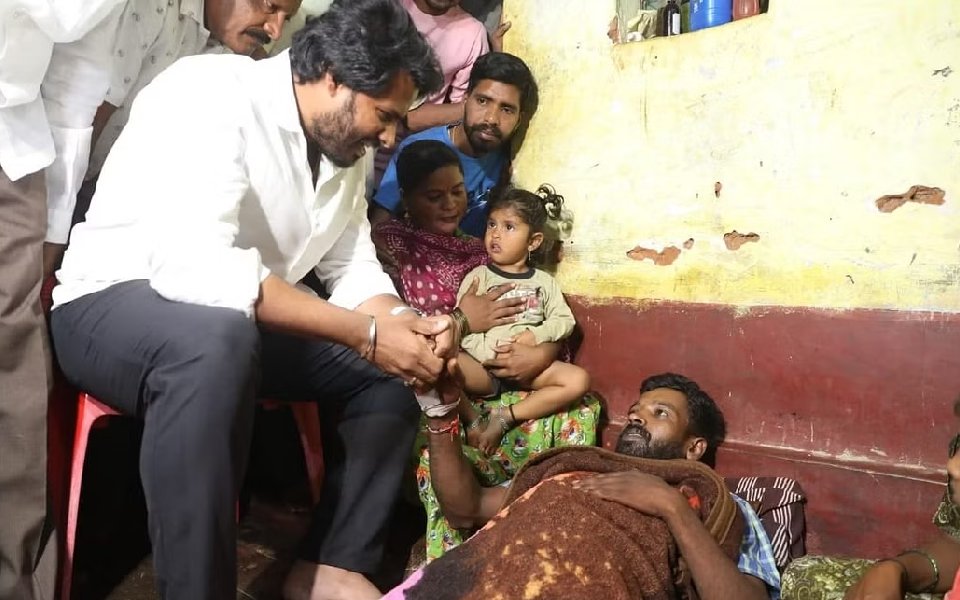New Delhi, May 29: Top India and Pakistan army commanders on Tuesday spoke over a special hotline contact and committed to peace on the borders in Jammu and Kashmir amid persistent crackling of gunfire and mounting casualties on both sides.
"The hotline mechanism was initiated by Pakistan Director General Military Operations (DGMO) Maj. Gen. Sahir Shamshad Mirza at 6 p.m. with his Indian counterpart Lt.Gen. Anil Chauhan.
"Both the DGMOs reviewed the prevailing situation along the Line of Control and International Border in Jammu and Kashmir," an army spokesperson said.
Lt.Gen. Chauhan, the spokesperson said, "agreed with the proposal (from his Pakistani counterpart) to undertake sincere measures to improve the existing situation to ensure peace and avoidance of hardships to the civilians along the borders".
They agreed to "fully implement" the 2003 ceasefire agreement "in letter and spirit" and ensure the truce was not violated.
"It was also mutually agreed that in case of any issue, restraint will be exercised and the matter will be resolved through utilisation of existing mechanisms of hotline contacts and border flag meetings at local commanders' level."
The Pakistan Army in an identical statement said a special hotline contact was established with the Indian DGMO "to ensure the ceasefire will not be violated by both sides".
The latest DGMO level talks came after repeated ceasefire violations on the borders in Jammu and Kashmir that caused many civilian casualties earlier this month.
Similar talks were held between the two countries on April 27.
The External Affairs Ministry on May 23 said Pakistan had carried out more than 1,088 ceasefire violations along the LoC and International Border in the first five months of 2018. The border shooting has claimed 36 lives on the Indian side and left more than 120 injured.
Pakistan's foreign office on May 25 said during 2018, Indian committed over 1,050 ceasefire violations resulting in the killing of 28 innocent civilians, while injuring 117.
Let the Truth be known. If you read VB and like VB, please be a VB Supporter and Help us deliver the Truth to one and all.
Hyderabad, Nov 25: Telangana Chief Minister A Revanth Reddy on Monday announced that the state government will not accept the Rs 100 crore CSR donation committed by industrialist Gautam Adani for the Young India Skills University being set up in the state.
The CM's announcement came days after the indictment of the Adani Group chairman in a US court.
In a letter to Priti Adani, Chairperson of the Adani Foundation, the state government's Special Chief Secretary (Industries) Jayesh Ranjan said he has been "instructed by the chief minister not to seek the transfer of funds in view of the present circumstances and arising controversies".
While thanking Priti Adani for committing Rs 100 crore to the skills university, the official said the state government has so far not asked any of the donors for physical transfer of funds since the university had not received the IT exemption under Section 80 G. However, the IT exemption order has now been received recently.
Addressing a press conference here, Revanth Reddy said the decision was taken as the Congress government does not want to find itself in any unwarranted controversy amid the allegations against the Adani Group.
He said so far the Telangana government has not accepted a single rupee into its account from any organisation, including Adani Group, for the skills university being established to promote employment avenues for youth.
"I and my Cabinet colleagues do not want to be involved in unnecessary discussions and situations that would dent Telangana's image or my own," Reddy said.
Gautam Adani met the chief minister here on Octrober 18 and symbolically handed over a cheque for Rs 100 crore towards donation to the skills university.
Asked about the comments of BRS that the government should cancel the Adani Group's investment proposals in the state, Reddy said the government will have to take legal opinion for cancellation of any agreements as the other party can go to courts against unilateral termination of pacts.
On BRS working president K T Rama Rao's comments that the previous BRS regime did not allow Adani Group into the state, Reddy displayed photographs of former CM K Chandrasekhar Rao and Rama Rao with Gautam Adani to the mediapersons.
He also read out a list of Adani Group's investment proposals reportedly approved by the BRS government.
"Is he (Rama Rao) ready for a probe on these," Reddy asked.
When pointed out that the state government discussed investment proposals with the Adani Group though Congress leader Rahul Gandhi has been raising questions on Adani for several years now, he said Congress is not against any investment proposal or corporate house but crony capitalism and violation of rules.
It is his responsibility to follow his leader when the latter is raising his voice on an issue, Reddy said.





